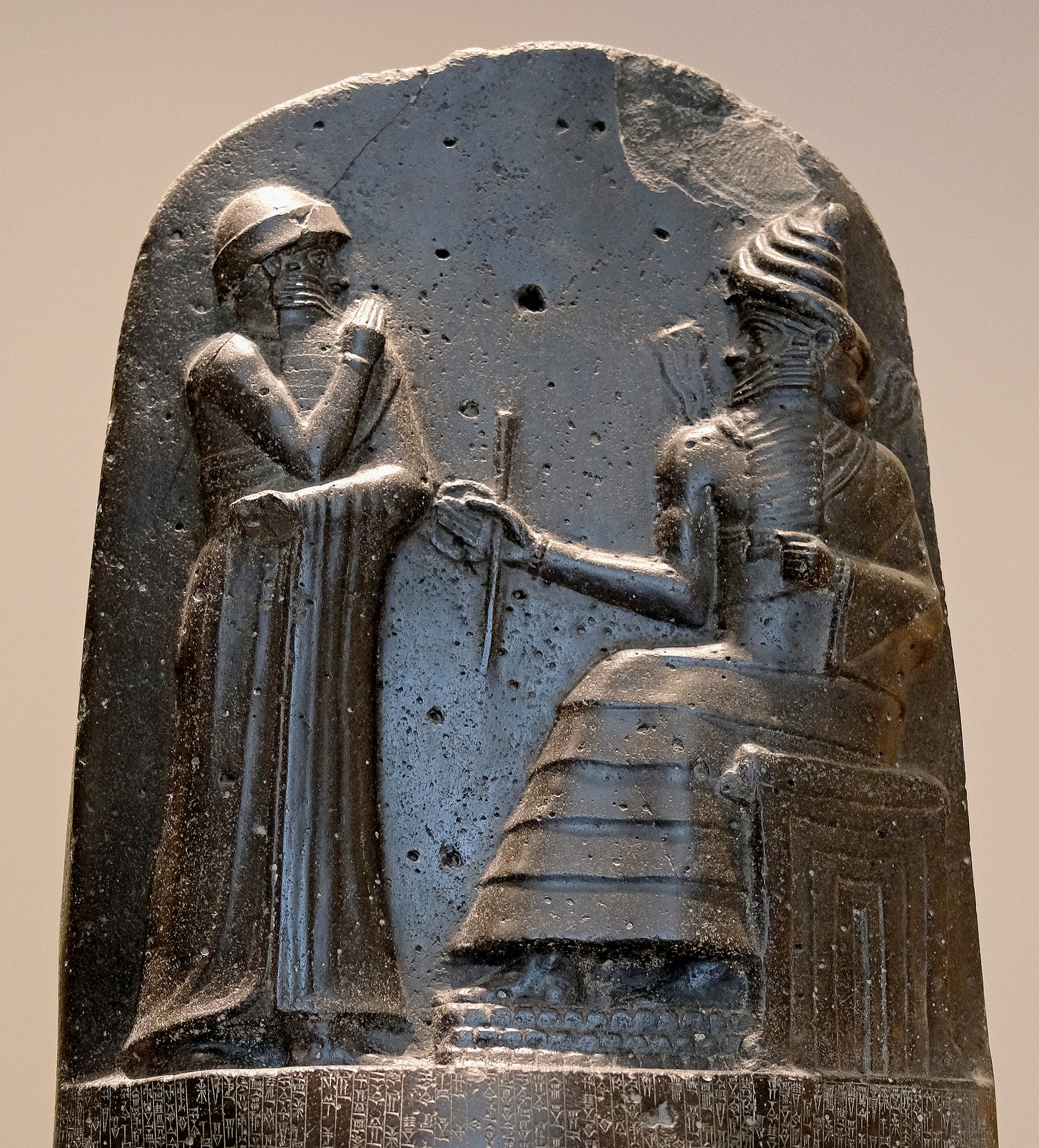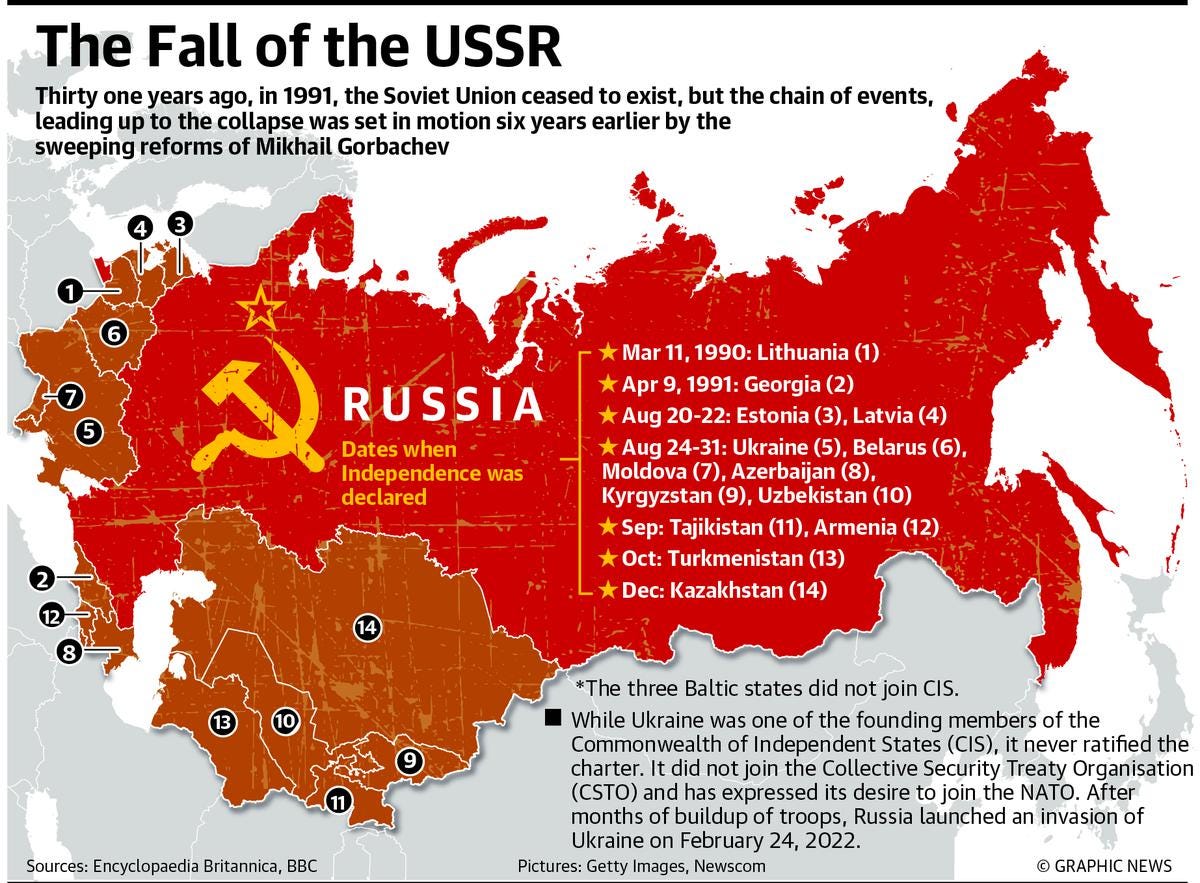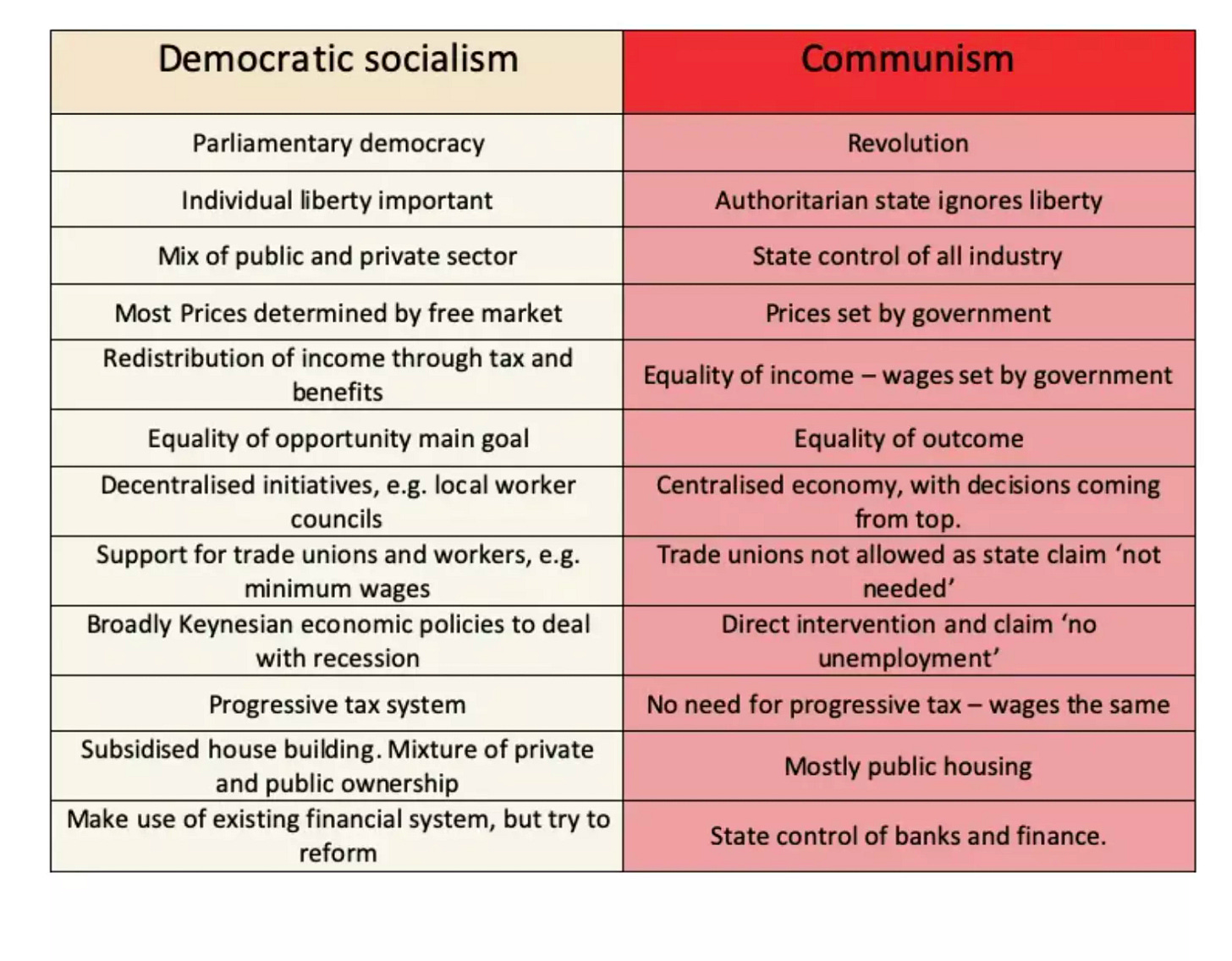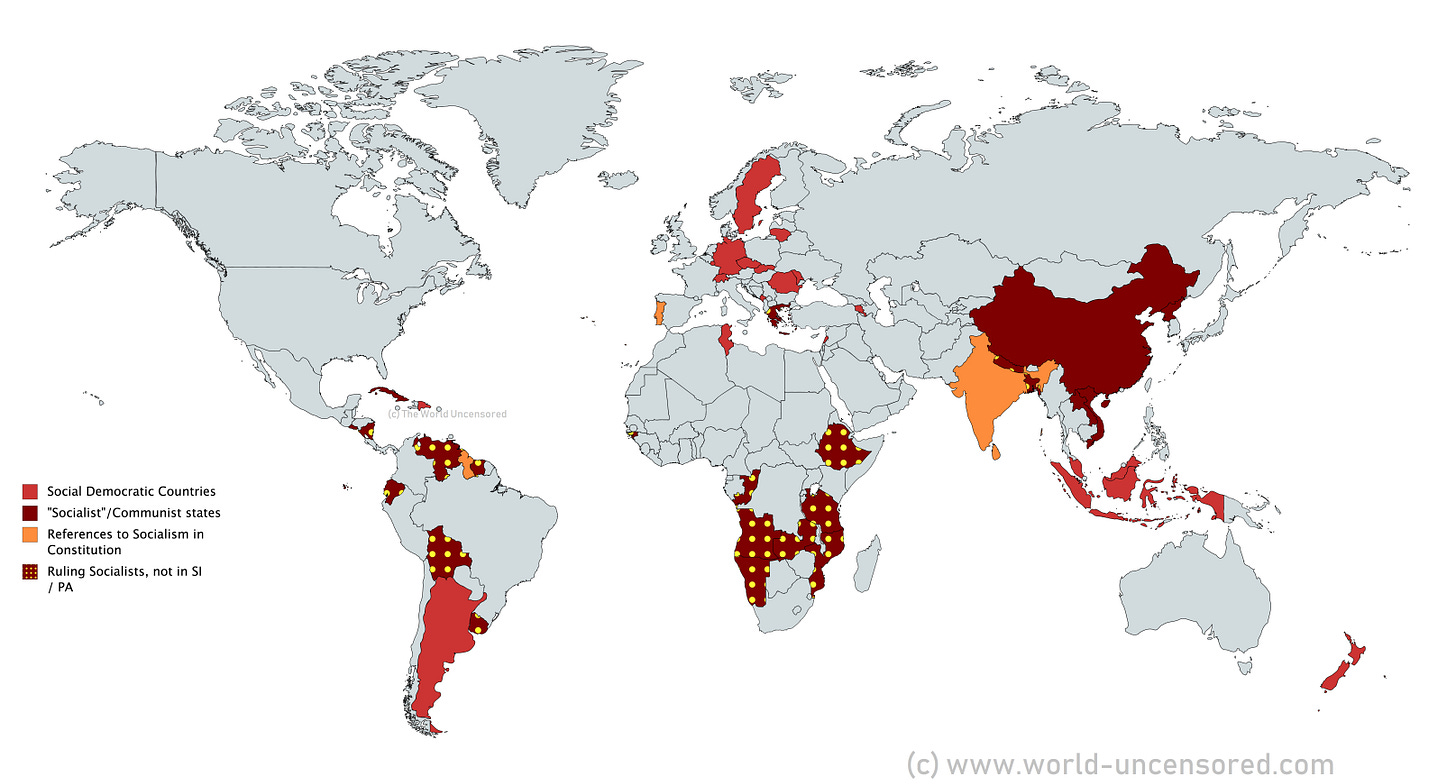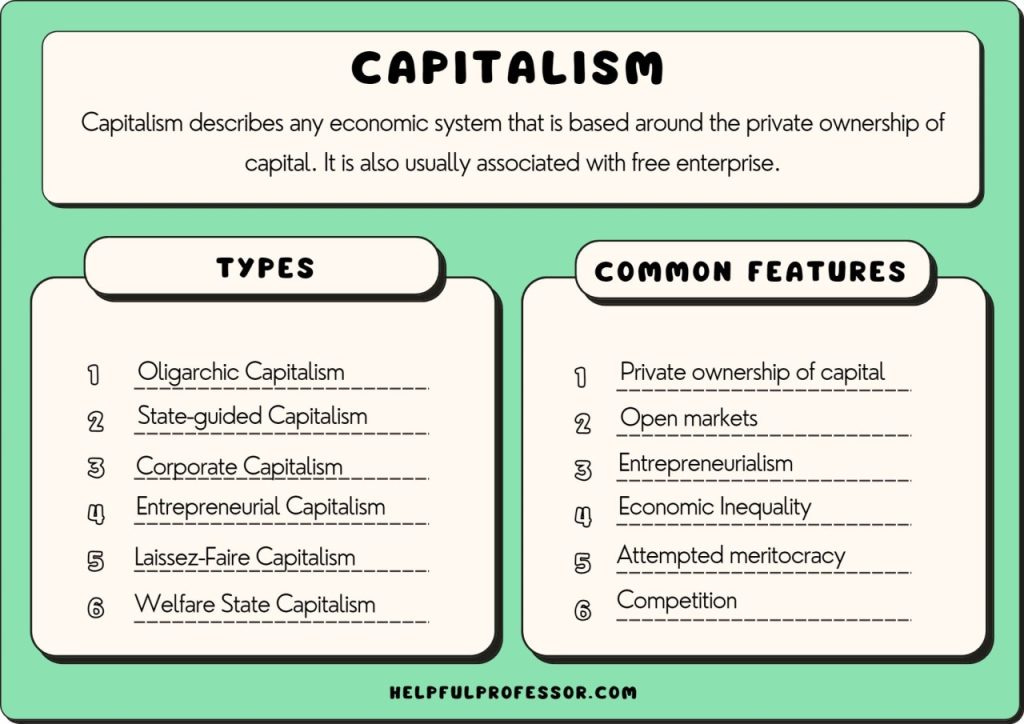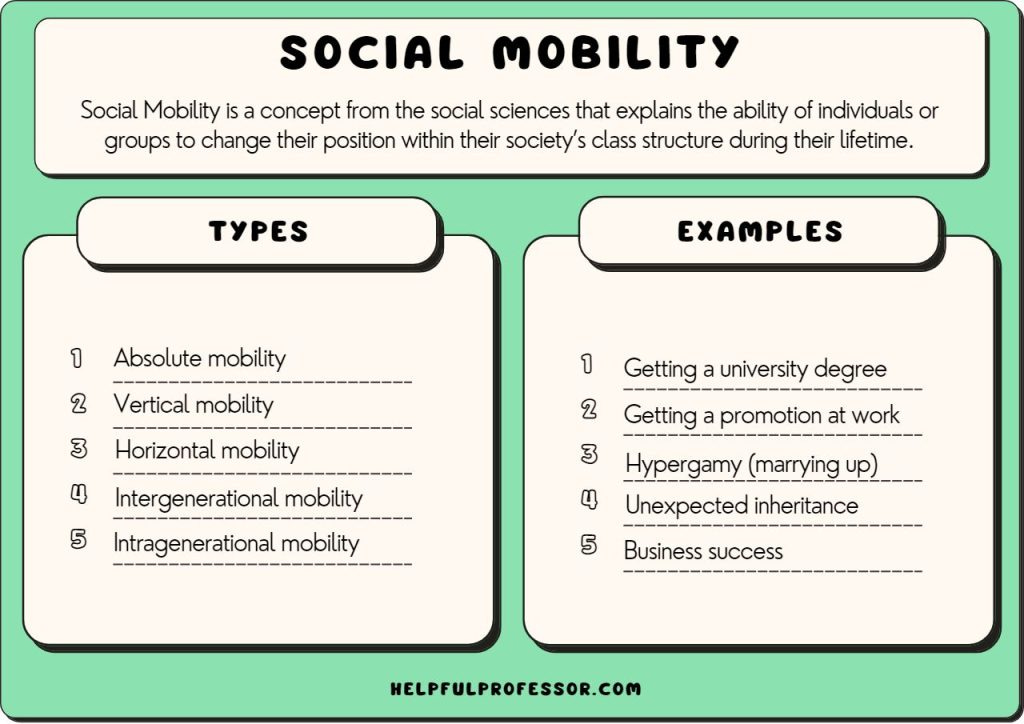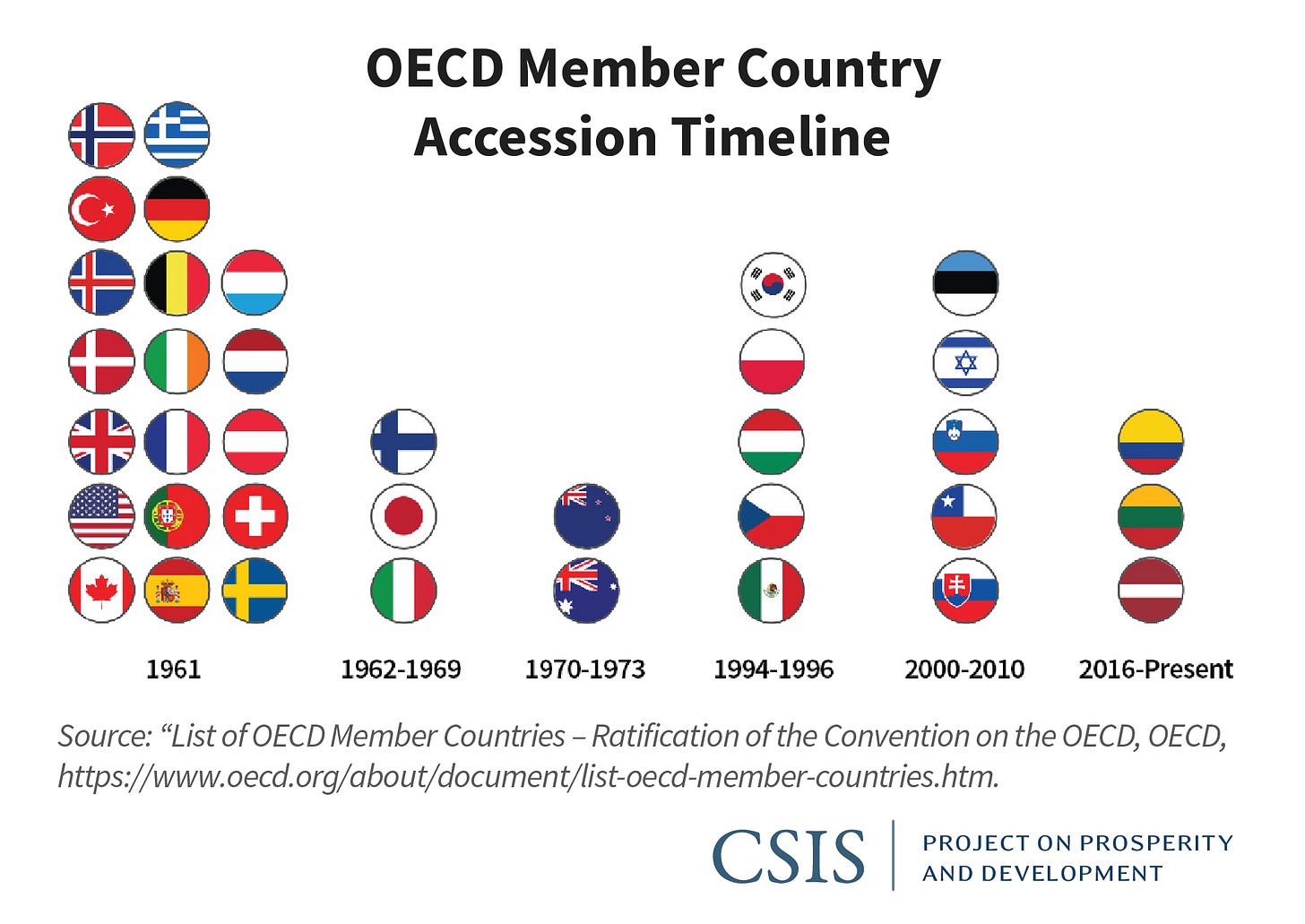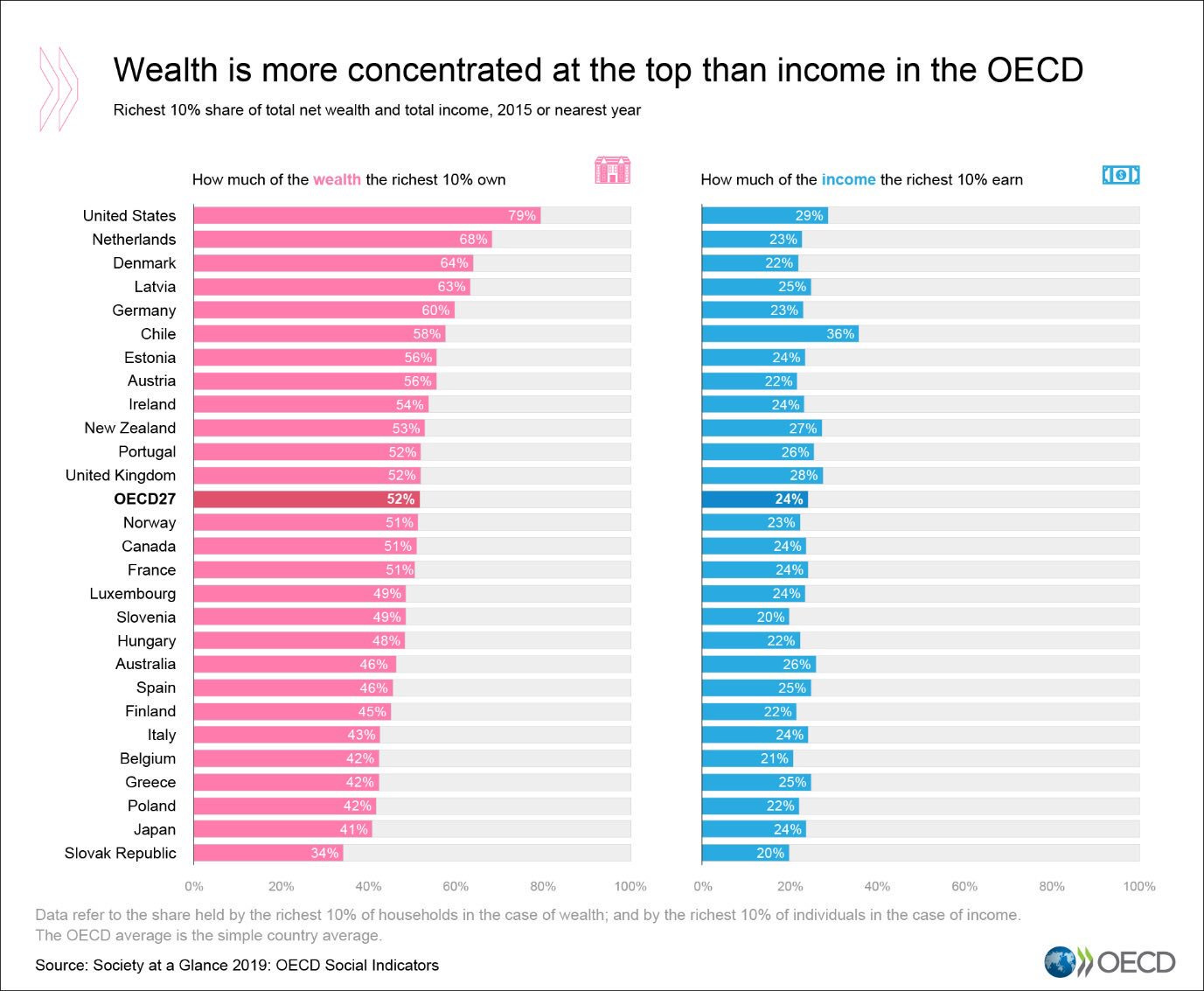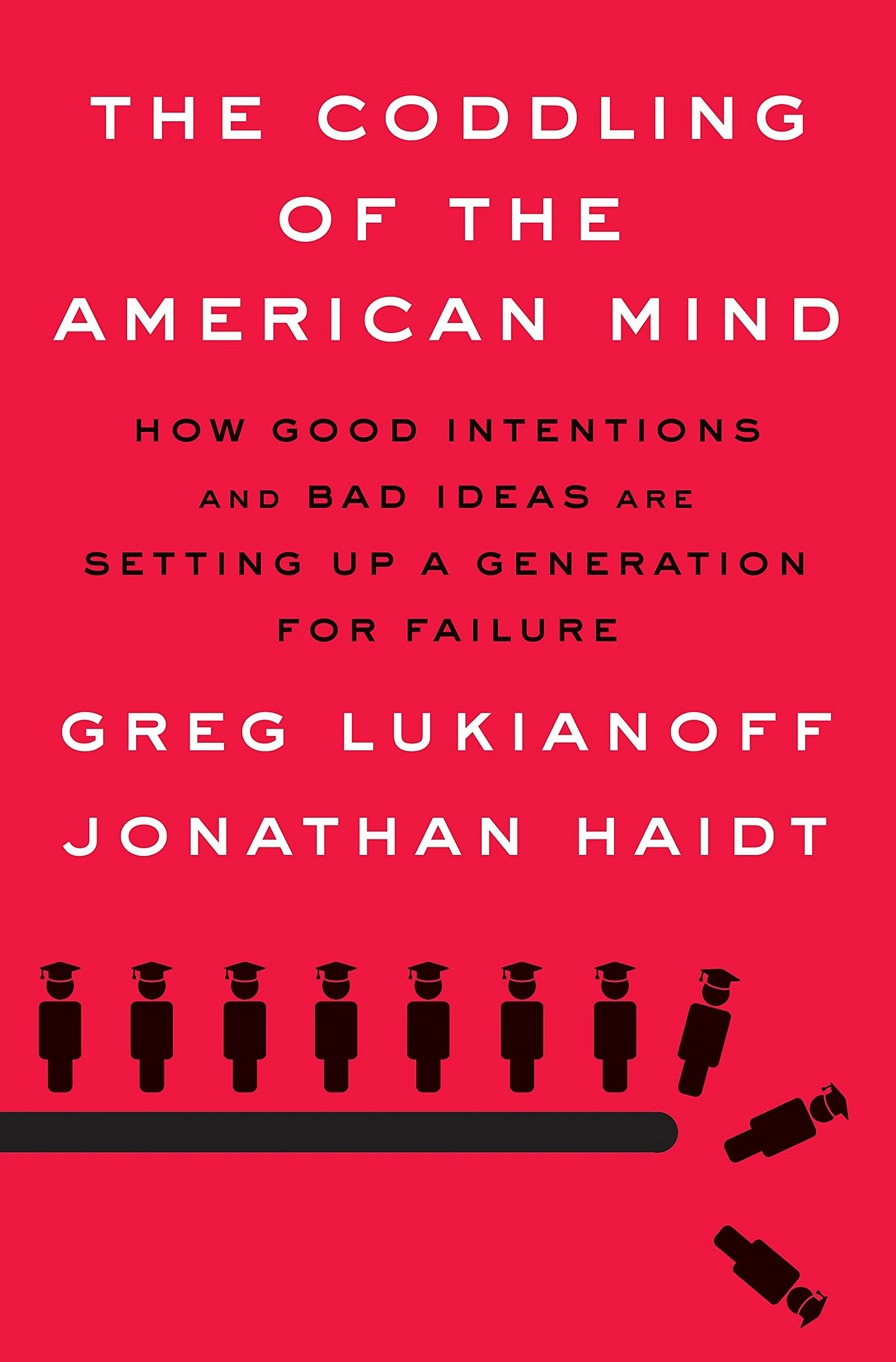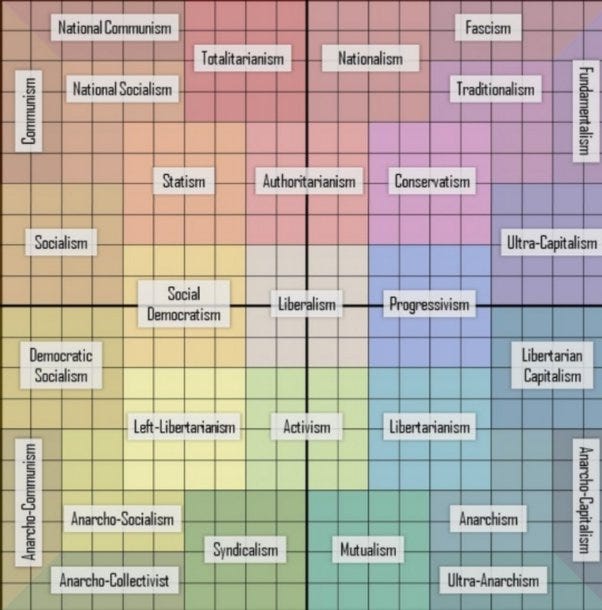[TL;DR Capitalism is the best option we have, but it can still evolve]
Feudalism
When we moved from hunter-gatherer societies to pastoralist/agricultural societies populations grew much larger. The system that was devised to rule over these large population was feudalism. Kings at the top would essentially have the ultimate say over anything anywhere. This top hierarchical position would be maintained within the family keeping the society locked in place.
It is believed that the first complex civilization originated in Mesopotamia. These civilizations have a long history of rulers. This system would remain in place for millennia until very recently in human history.
Feudalism kept the majority of citizens in a repressed state where value was extracted to the top. No promise of ‘trickle down’ economics here. Eventually this led to peasant revolts due to sustained poverty and economic tipping points.
For example, tsarist (long history of autocracy) Russia began to cautiously abolish serfdom (forced labor peasant) in the 18th century, but the early 20th century saw massive peasant revolts that destroyed this entire system. Overall, world history is rife with peasant revolts and locked class systems are not seen in the majority of the world. Some countries remain to be culturally stuck in their feudal pasts, whether it be Russian tsarism or the Indian caste system, but they still maintain a governance of a flawed democracy, or at the very least an autocracy.
Communism
Karl Marx’s writings are some of the most revolutionary thought experiments on governance and human existence. However, many ideas are different on paper versus when applied in reality. In reality we see that communist states tend to collect power at the very top among a group of deep-seated corrupt state members. The idea of nationalizing all industries can appear to “increase efficiency” but bureaucracy in large government always lead to less efficiency. In my opinion, the real practice of communism is just a new form of feudalism. Those at the top are not selected by the people and the state will keep its regime locked in place just like a king.
The collapse of the Soviet Union is the biggest affirmation that anti-capitalist / super centralized governments simply do not work.
“The Cold War Didn't Have to End. Gorbachev Made It Happen”
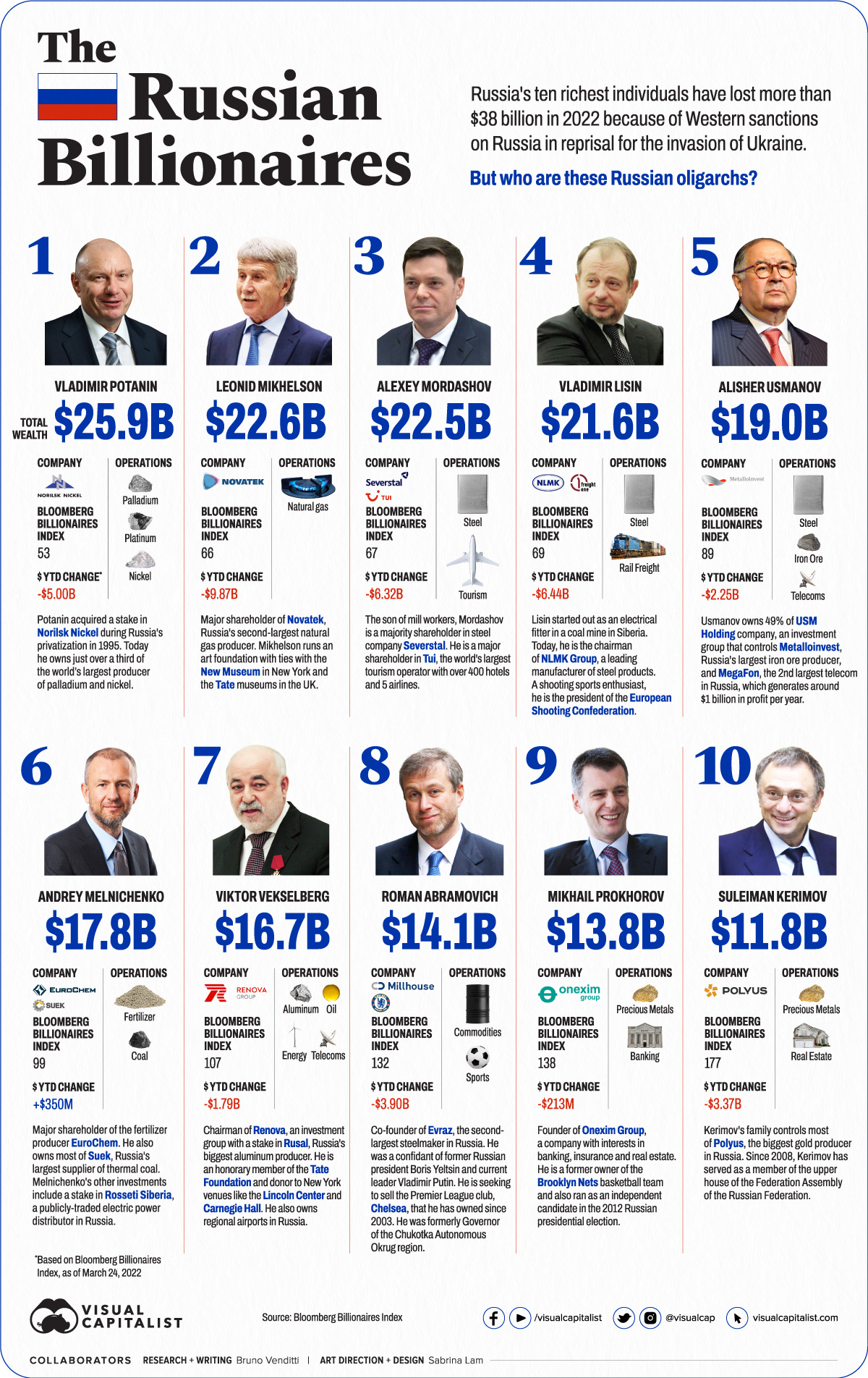
China: The Cultural Revolution & Chinese Communist Party
China’s government is still called the “Chinese Communist Party,” but nowadays it is basically a single-party oligarchy with a capitalist economic model heavily reliant on global trade.
Socialism
Despite the glaring flaws of communism, the political philosophy has its own intellectual merits. Also, it has birthed the likes of socialism and communalism.
Communalism
The core tenets of communism are not inherently flawed, however it relies on the assumption that all parties involved can be trusted. As you grow further from your family to community and country there is a greater chance of a bad actor(s) that can exploit the system. This is why I agree with this saying below:
“I am, at the Fed level, libertarian; at the state level, Republican; at the local level, Democrat; and at the family and friends level, a socialist. If that saying doesn’t convince you of the fatuousness of left vs. right labels, nothing will.”
- Nassim N. Taleb, Skin in the Game
Capitalism
Open markets and property rights are the 2 quintessential elements of capitalism. Capitalism has it flaws, but we have also seen the most explosive growth in human history from competitive and entrepreneurial markets.
Meritocracies
Meritocracy is often criticized as blaming poor people for being poor. However, greater skill must be rewarded with greater compensation. Otherwise, what incentivizes surgeons or engineers to endure their rigorous education and day to day work; surely it cannot be out of the goodness of their hearts. With all that being said, inequality still exists due to lack of opportunity for many across capitalist nations. There is nuance to this discussion.
Social Mobility
Capitalism offers a lot more social mobility than other political system. However, this does not mean all capitalistic countries have full potential mobility.
Late Stage Capitalism
It is certain that capitalism or free markets has proven itself to decrease absolute poverty and increase standards of living. Those who are rich have generally proven themselves to be good custodians of capital. Obviously there are exceptions and that where proper justice systems comes into play. With all of these benefits of capitalism there still seems to be looming problems in many matured capitalist economies.
OECD
Organisation for Economic Co-operation & Development
Committed to democracy & the market economy
Wealth Inequality
Equal access to opportunity is one challenge in fighting wealth inequality. There are also other factors such as corruption, nepotism, and quality of education.
Degradation of Values
“Hard times create strong men. Strong men create good times. Good times create weak men. And, weak men create hard times.” - G. Michael Hopf, Those Who Remain
“Diversity, Inclusion, and Equity (DIE) and the Death of Meritocracy” (Dr. Gad Saad Mar 13, 2021)
Steps back to rationality
Pluralism: accepting all differences
Tolerance
Humility: humbleness
Patience
Pathways for Late Stage Capitalism
There is discussion of whether privatization is always the answer over nationalization for industries. In some exceptions, such as healthcare, lobbying groups exert influence on politicians to unethically increase profits. The solution could lie in more rigorous regulation and government intervention. There are far more details to discuss and I will be breaking this down in upcoming posts.
Libertarianism
Seek to maximize autonomy & political freedom
Minimize the state’s encroachment on & violations of individual liberties
Emphasizing rule of law, pluralism, cosmopolitanism (1 world 1 people), cooperation, civil & political rights, bodily autonomy, free association/trade, freedom of expression/choice/movement, individualism & voluntary association
Decentralization
This may be the key to a more libertarian civilization.
Network States
I will be covering this topic in great depth with a series of posts later this year.
Digital currency simulated economies: prove real economic models





